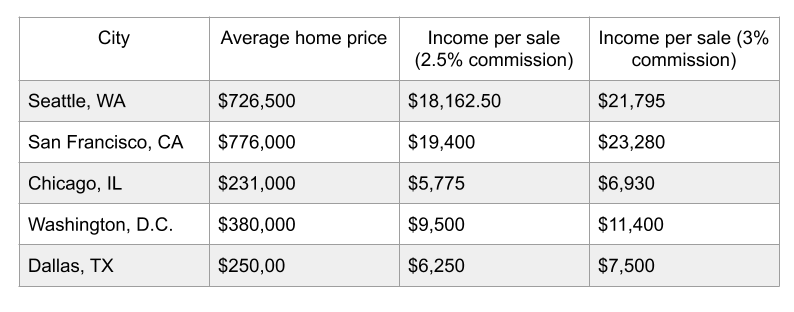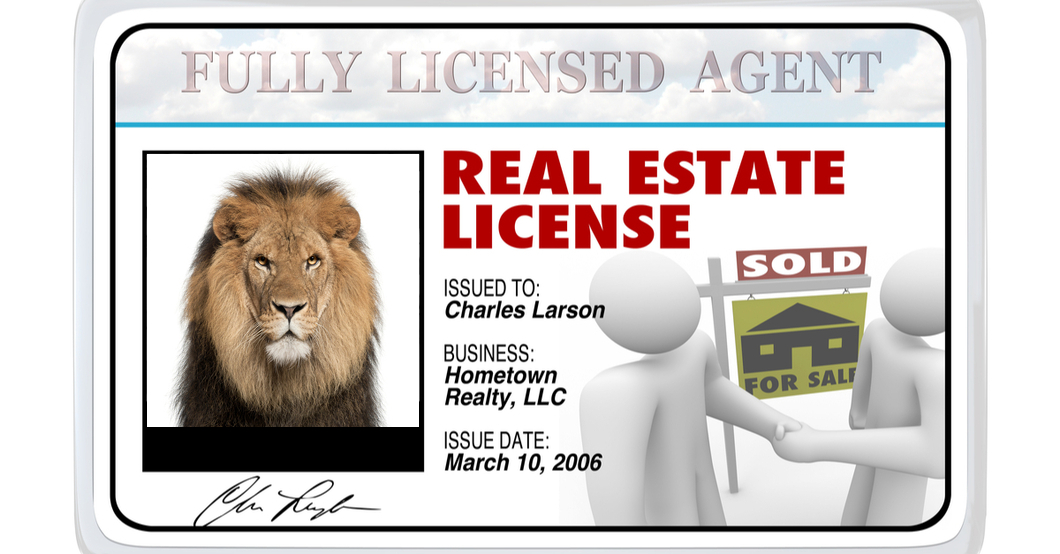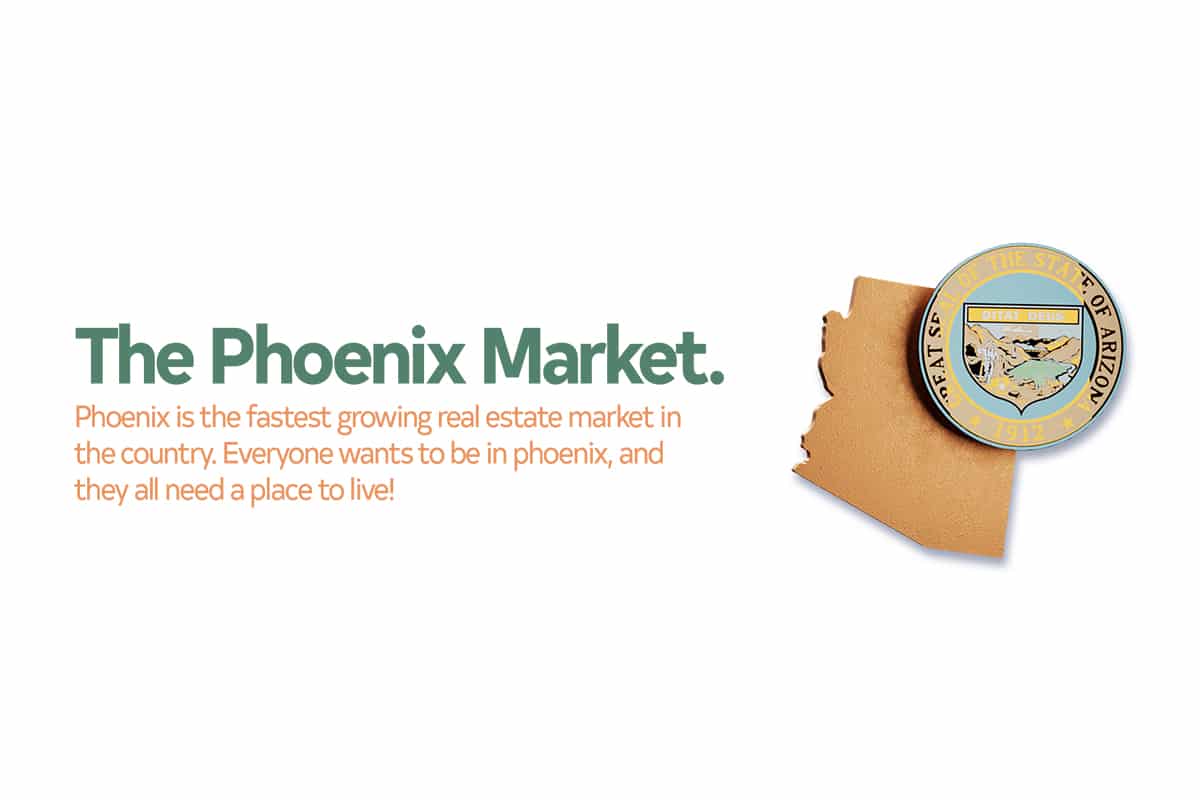
The multiple listing service in real estate is the multiple listing system. This is a collection regional databases that contain home listings. The MLS is a vital tool for brokers and agents. It gives them access to a lot of data that can be used to help them sell houses more efficiently.
Whether you are looking for information on mls in real estate or have a question about mls, this article is going to give you everything you need to know about the MLS. This article will explain what MLS stands for, how it works and what it means being part of one.
What does mls mean?
The MLS is a collection containing several regional databases. Each database has its own listing. These databases are managed and subscribed to by local associations.

In a typical MLS system, all listings are assigned a unique MLS number that can be used to search for homes. This number can also serve as a reference for tax information on a property. Agents have the option to leave private comments for clients via the MLS system. This includes showing instructions or seller disclosures.
An MLS Listing is a complete listing of a home available for purchase. It includes a photograph of the property and important details such as square footage, number bedrooms, and bathrooms.
Unlike public listing sites, MLS listings are usually updated frequently and contain more extensive information about the home. This information allows buyers and sellers to make informed decisions about the home they want to purchase or sell.
What is mls real estate meaning?
Agents and brokers have a wonderful way to make their homes more visible to a wider audience through MLS listings. This gives brokers and agents a competitive advantage over other realtors who may not have access.
What is an MLS listing?
An MLS listing is essentially an online real estate listing that's posted on the MLS. This means that any licensed real estate agent can access the MLS and find any listed home for sale in their region.

There are many MLS systems in Canada and the United States. Each system has its own fee schedules, and it has its own rules for use. The MLS offers a central location for participating brokers to exchange listings.
What is mls technology?
The MLS, a type of computer software that assists agents and brokers in finding homes to sell in their area, is called a computer software. Using the MLS makes it much easier to find homes for sale than using public listing sites such as Zillow.
RESO, a non-profit organization, has certified MLS. It ensures that agents and real estate brokers have the same technology system. This certification makes it easier for consumers and agents to find their next homes. It also accelerates the development technology that improves real-estate services.
FAQ
How can I fix my roof
Roofs can burst due to weather, age, wear and neglect. For minor repairs and replacements, roofing contractors are available. Contact us for further information.
What amount of money can I get for my house?
This can vary greatly depending on many factors like the condition of your house and how long it's been on the market. Zillow.com reports that the average selling price of a US home is $203,000. This
How do I know if my house is worth selling?
If you have an asking price that's too low, it could be because your home isn't priced correctly. You may not get enough interest in the home if your asking price is lower than the market value. For more information on current market conditions, download our Home Value Report.
Statistics
- Private mortgage insurance may be required for conventional loans when the borrower puts less than 20% down.4 FHA loans are mortgage loans issued by private lenders and backed by the federal government. (investopedia.com)
- Some experts hypothesize that rates will hit five percent by the second half of 2018, but there has been no official confirmation one way or the other. (fortunebuilders.com)
- Based on your credit scores and other financial details, your lender offers you a 3.5% interest rate on loan. (investopedia.com)
- The FHA sets its desirable debt-to-income ratio at 43%. (fortunebuilders.com)
- Over the past year, mortgage rates have hovered between 3.9 and 4.5 percent—a less significant increase. (fortunebuilders.com)
External Links
How To
How to manage a rental property
It can be a great way for you to make extra income, but there are many things to consider before you rent your house. We'll help you understand what to look for when renting out your home.
Here are the basics to help you start thinking about renting out a home.
-
What should I consider first? Consider your finances before you decide whether to rent out your house. If you have outstanding debts like credit card bills or mortgage payment, you may find it difficult to pay someone else to stay in your home while that you're gone. You should also check your budget - if you don't have enough money to cover your monthly expenses (rent, utilities, insurance, etc. It may not be worth it.
-
How much will it cost to rent my house? It is possible to charge a higher price for renting your house if you consider many factors. These include factors such as location, size, condition, and season. You should remember that prices are subject to change depending on where they live. Therefore, you won't get the same rate for every place. Rightmove shows that the median market price for renting one-bedroom flats in London is approximately PS1,400 per months. This means that you could earn about PS2,800 annually if you rent your entire home. This is a good amount, but you might make significantly less if you let only a portion of your home.
-
Is it worth the risk? Although there are always risks involved in doing something new, if you can make extra money, why not? Before you sign anything, though, make sure you understand exactly what you're getting yourself into. You will need to pay maintenance costs, make repairs, and maintain the home. Renting your house is not just about spending more time with your family. Make sure you've thought through these issues carefully before signing up!
-
Are there any benefits? So now that you know how much it costs to rent out your home and you're confident that it's worth it, you'll need to think about the advantages. There are many reasons to rent your home. You can use it to pay off debt, buy a holiday, save for a rainy-day, or simply to have a break. Whatever you choose, it's likely to be better than working every day. You could make renting a part-time job if you plan ahead.
-
How do I find tenants After you have decided to rent your property, you will need to properly advertise it. Make sure to list your property online via websites such as Rightmove. Once potential tenants contact you, you'll need to arrange an interview. This will help you assess their suitability and ensure they're financially stable enough to move into your home.
-
How do I ensure I am covered? If you're worried about leaving your home empty, you'll need to ensure you're fully protected against damage, theft, or fire. You'll need to insure your home, which you can do either through your landlord or directly with an insurer. Your landlord may require that you add them to your additional insured. This will cover any damage to your home while you are not there. This doesn't apply to if you live abroad or if the landlord isn’t registered with UK insurances. In these cases, you'll need an international insurer to register.
-
If you work outside of your home, it might seem like you don't have enough money to spend hours looking for tenants. However, it is important that you advertise your property in the best way possible. You should create a professional-looking website and post ads online, including in local newspapers and magazines. Also, you will need to complete an application form and provide references. Some people prefer to do the job themselves. Others prefer to hire agents that can help. It doesn't matter what you do, you will need to be ready for questions during interviews.
-
What should I do after I have found my tenant? If you have a lease in place, you'll need to inform your tenant of changes, such as moving dates. You can negotiate details such as the deposit and length of stay. Keep in mind that you will still be responsible for paying utilities and other costs once your tenancy ends.
-
How do I collect my rent? When it comes to collecting the rent, you will need to confirm that the tenant has made their payments. You will need to remind your tenant of their obligations if they don't pay. After sending them a final statement, you can deduct any outstanding rent payments. You can always call the police to help you locate your tenant if you have difficulty getting in touch with them. If there is a breach of contract they won't usually evict the tenant, but they can issue an arrest warrant.
-
How do I avoid problems? You can rent your home out for a good income, but you need to ensure that you are safe. Ensure you install smoke alarms and carbon monoxide detectors and consider installing security cameras. Also, make sure you check with your neighbors to see if they allow you to leave your home unlocked at night. You also need adequate insurance. You must also make sure that strangers are not allowed to enter your house, even when they claim they're moving in the next door.